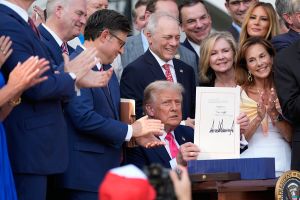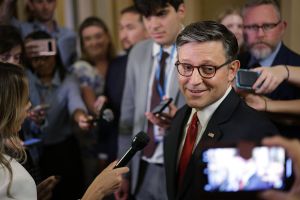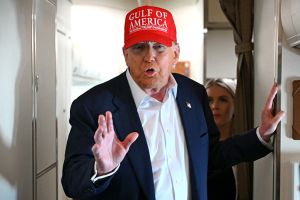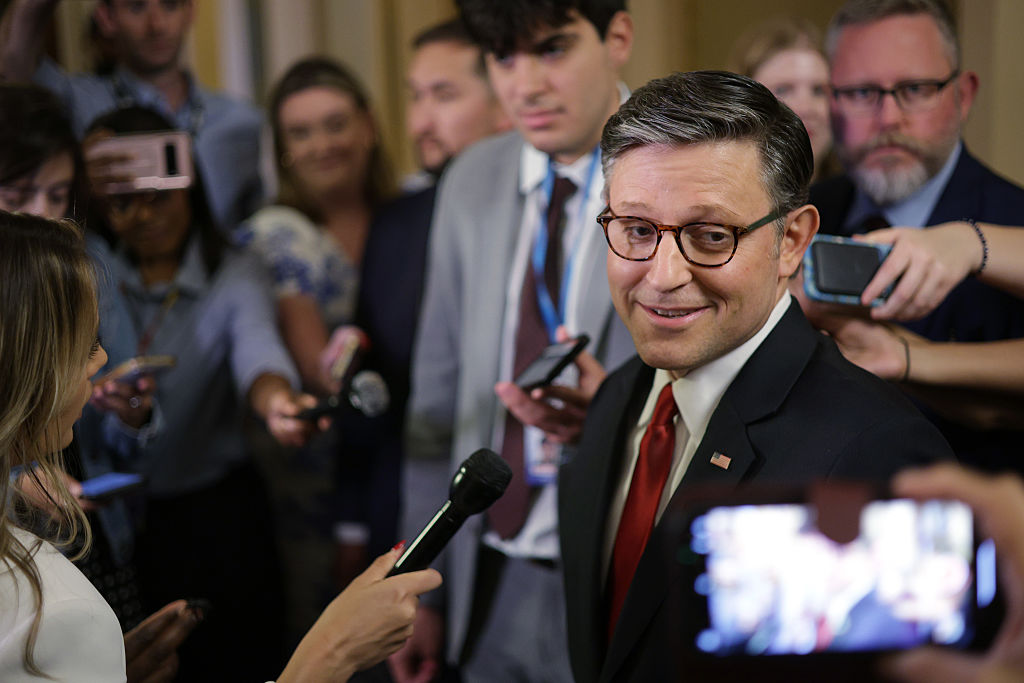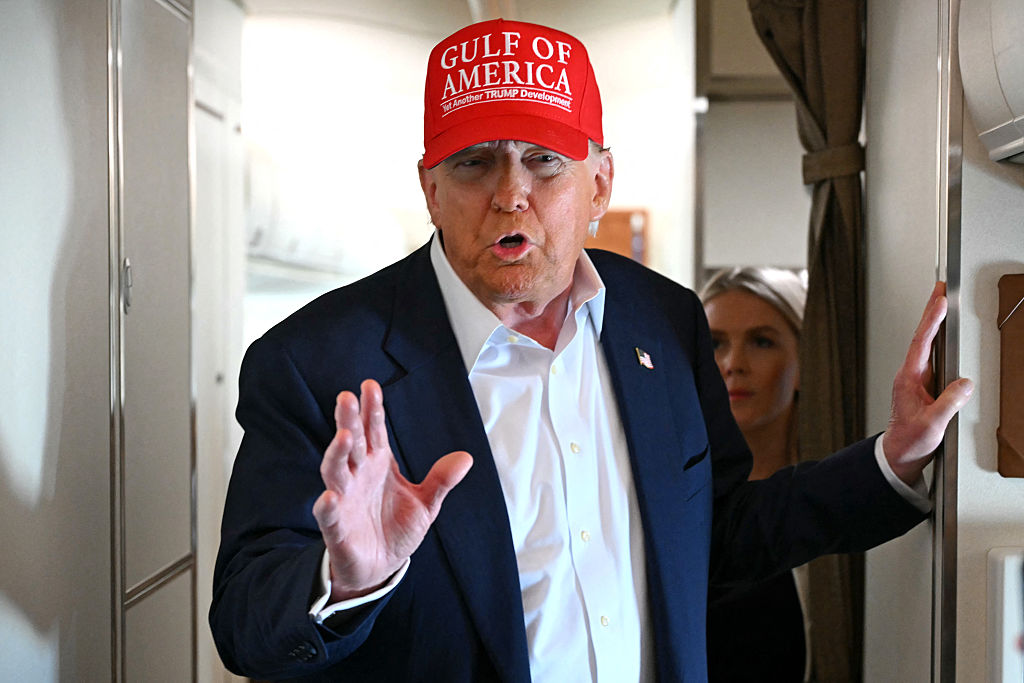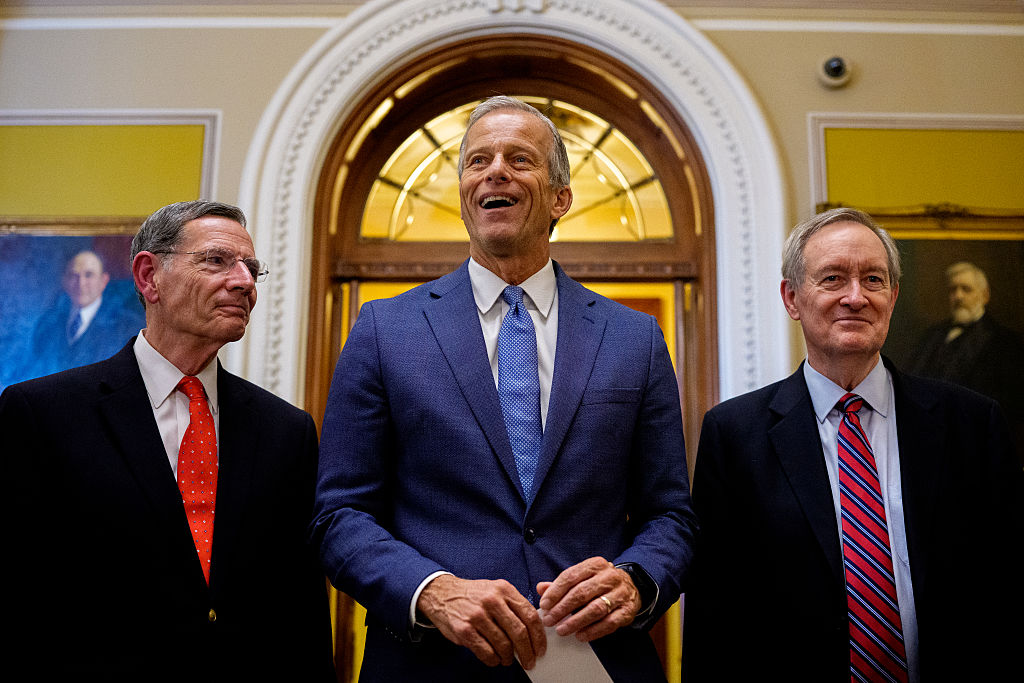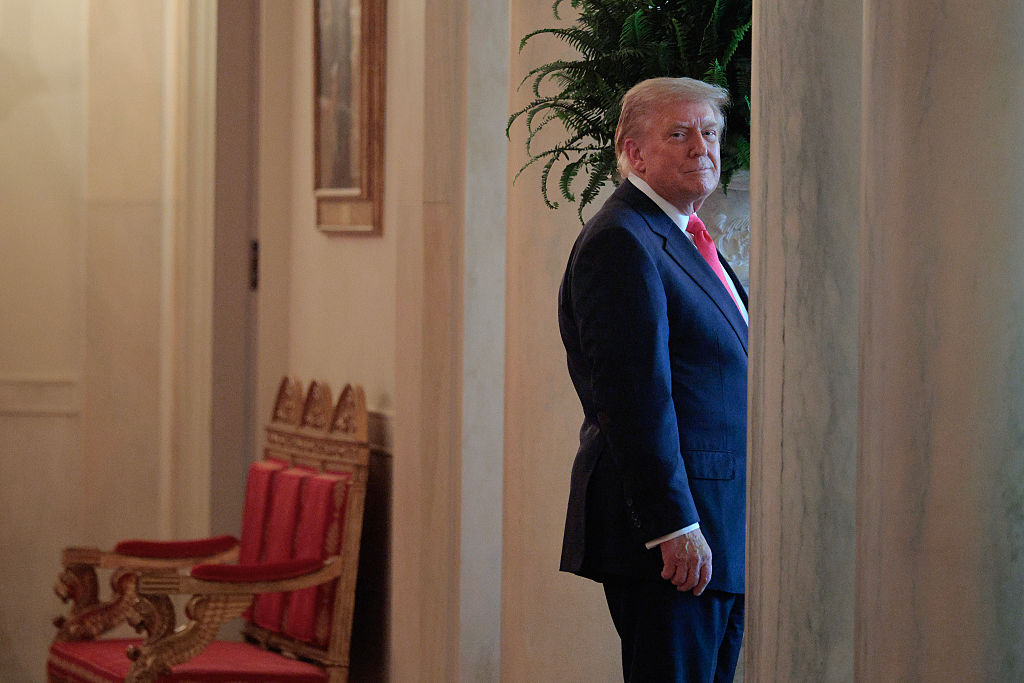Will the biggest merger in golf history fall apart because of politics? From the moment the PGA Tour and LIV Golf shocked the world of sports by announcing their years of negging would end in marriage, questions about the nature and structure of the secretive deal have been raised not just by players, reporters, and fans, but by politicians as well — particularly from a pair of Democratic senators from Connecticut, Chris Murphy and Richard Blumenthal, both longtime Saudi critics. Now, it seems Congress is prepared to get seriously involved in whether this deal goes through, and what it means to have this level of investment from a foreign power in what they viewed as an American sport.
As Jim Newell reported at Slate yesterday:
Connecticut senator Richard Blumenthal, a longtime critic of the Saudis who’s worked closely with the 9/11 families over the years, announced a probe of the deal in his capacity as chairman of the Senate Permanent Subcommittee on Investigations. In letters sent to leadership of both the PGA Tour and LIV Golf on Monday, Blumenthal requested a comprehensive list of records and communications from the groups relating to the dispute and the proposed agreement since October 2021. The deadline to turn them over is June 26.
In an interview Monday afternoon, Blumenthal told me he’s not assuming the tours will blow him off. If they do, however, he’s prepared to use the tools available to him. “I have no reason to believe that they won’t cooperate right now,” Blumenthal told me. “But I would look very harshly on their refusing to make these documents and other evidence available. And we have the power to subpoena; I see no reason why we wouldn’t use it if they just stonewall us.”
So before even getting into the regulatory issues that have to be navigated given the international nature of this deal, questions about tax exemptions and the like, Blumenthal’s powers as a committee chair could be a major factor here — his letter to current LIV chair Greg Norman requests, among other things:
- All records referring or relating to the relationship between LIV Golf and PGA Tour, including but not limited to all communications referring or relating to the Agreement
- All records referring or relating to the Agreement, including but not limited to all internal or external communications related to the possibility of entering the Agreement, and all records related to the structure of the “new, collectively owned, for-profit entity” to be formed by the Agreement
- All records referring or relating to any dispute between LIV Golf, PIF, Yasir Al-Rumayyan, and PGA Tour or Jay Monahan
In a sign the ripple effects from this deal could become a major partisan political issue, the ranking Republican member on Blumenthal’s subcommittee is Ron Johnson of Wisconsin, who’s been nothing but positive about the deal — as is former president Donald Trump, who hosts multiple LIV Golf events at his resorts.
For Monahan’s part, his own letter to lawmakers sets the scene as one where the PGA Tour was left fighting for its life without meaningful support from the government or politicians — and presents the deal as being the best outcome, with the Saudi PIF as a “minority investor” in the new for-profit venture, and the PGA Tour maintaining majority control.
“We believe that we did everything we could possibly do to defend what we stand for, including spending tens of millions of dollars to defend ourselves from litigation instigated by LIV Golf — significant funds diverted away from our core mission to benefit our players and generate charity,” Monahan wrote in a June 9 letter to senators, first reported by Politico. “While we are grateful for the written declarations of support we received from certain members, we were largely left on our own to fend off the attacks, ostensibly due to the United States’s complex geopolitical alliance with the Kingdom of Saudi Arabia. This left the very real prospect of another decade of expensive and distracting litigation and the PGA Tour’s long-term existence under threat.”
The question whenever major deals like this attract congressional scrutiny is what result the politicians actually want. Do they want more assurances, a larger pound of flesh, or some new tax revenue — or do they want the deal to actually go down in flames, even if that has its own set of unknown consequences? Congress has enough on its plate without wading into sports — but this isn’t like steroids in baseball or scrutiny for the NCAA. Here, the central concerns are about foreign investment and how much sportswashing the United States is willing to allow.










